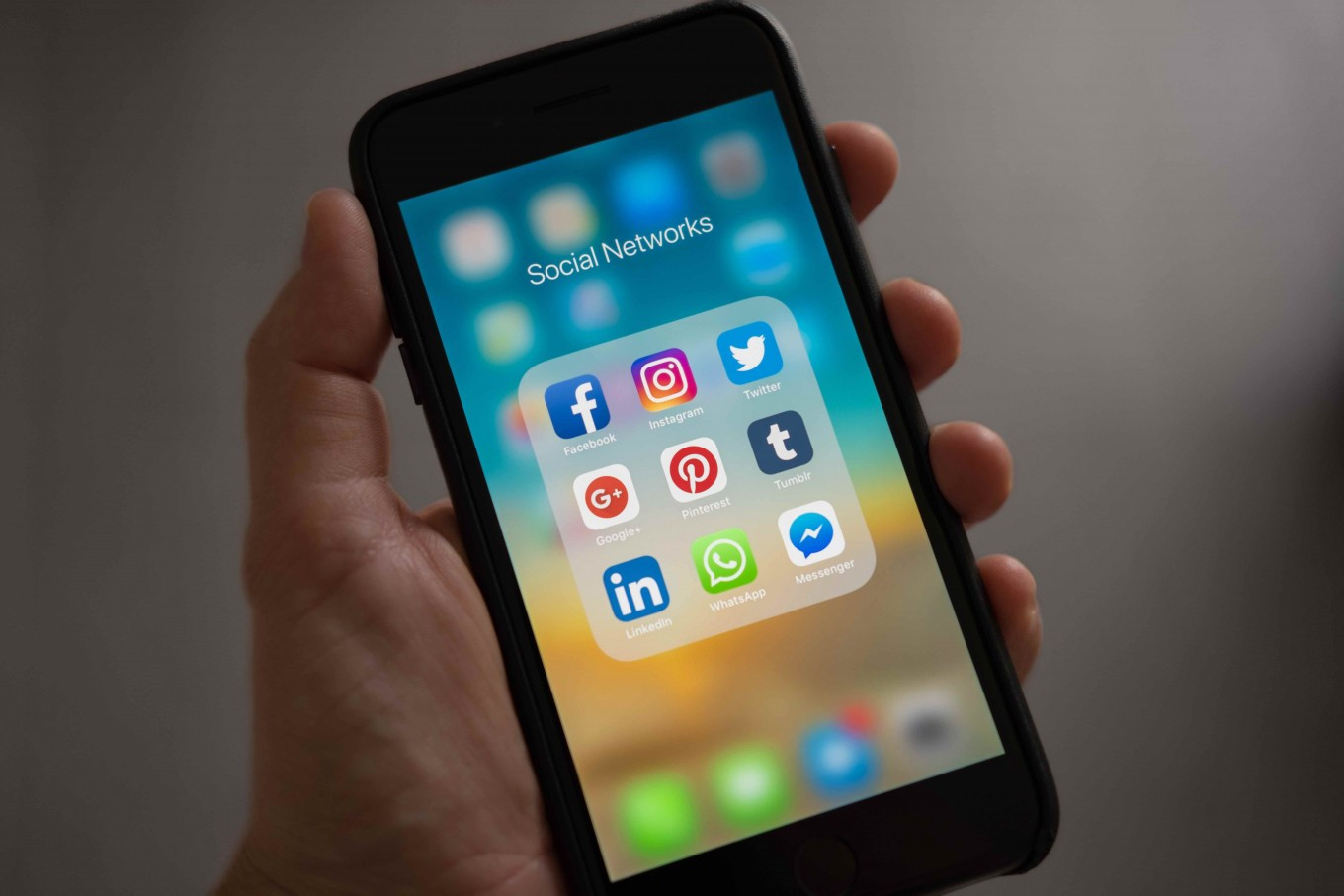News
Indonesia tackling tech giants, timidly
Tenggara Strategics February 26, 2025 The Communications and Information Ministry has revived a plan to set up a council to monitor social media content (Pexel/Tracy Le Blanc) (Pexel/Tracy Le Blanc)
The Communications and Information Ministry has revived a plan to set up a council to monitor social media content (Pexel/Tracy Le Blanc) (Pexel/Tracy Le Blanc)
Like most countries around the world, Indonesia is struggling to contain the problems and dangers stemming from rampant growth in internet use. When it comes to tackling tech giants with platforms that allow the proliferation of harmful content however, the government is moving cautiously, counting on their help instead of tackling them head-on.
In its latest move, the government is contemplating strict social media rules for minors, but not an outright ban like Australia has imposed.
President Prabowo Subianto has taken a direct interest in the issue and wants the regulation in place soon. According to Communications and Digital Minister Meutya Hafid, who is taking the lead in the drafting process, the President will announce the new rules as soon as they are ready. The ministry’s officials said this could be in two months’ time.
Early this month, Meutya launched the Content Moderation Compliance System (SAMAN) to monitor social media platforms’ compliance with removing illegal content, particularly those related to child pornography and terrorism. The onus is on the platforms to take down illicit content and remove any links to the offensive material within four hours after receiving government notification.
Failure to comply will incur a hefty penalty, while repeat violations could result in the government blocking access to the platforms entirely.
The administration of Joko “Jokowi” Widodo introduced Ministerial Regulation No. 522/2024 under what was then called the Communications and Information Ministry, but it has not been used to sanction tech companies. Two years earlier in 2022, Jokowi contemplated banning social media for children, citing the government’s long-standing knowledge of its potentially harmful impacts on children, but never made a serious move to restrict them.
Could it be different this time around? Will Prabowo be tougher on social media platforms?
Meutya has met with Google representatives at least twice in the past month including with one of its vice presidents, on the sidelines of the Artificial Intelligence Action Summit in Paris, to discuss the government’s intention to aggressively contain the problem. The tech giant promised to cooperate, according to media reports.
Besides operating the most popular search engine, Google also owns video sharing service YouTube, which is very popular among Indonesian users, who generally prefer audio-visual platforms over text-based platforms. The country also counts among the largest markets for Meta platforms Facebook and Instagram as well as China’s TikTok. Messaging service WhatsApp, also owned by Meta, is the No. 1 platform locally, but its end-to-end encryption exempts it from the company’s content moderation policies.
More than 224 million people, or 80 percent, of Indonesia’s 280 million population have access to the internet, around half of whom use social media. Some surveys have found that 9 percent of the country’s internet users are aged below 12 years, spending on average four hours each day on their devices. Mobile devices became an indispensable learning tool during the COVID-19 pandemic in 2020-2022, when schools were closed and both teachers and students were required to switch to online activities at home. But the proliferation of devices remained even after schools reopened post-pandemic.
During the police’s recent crackdown on online gambling, it was discovered that children were among those with gambling addiction, with some activities operating on social media.
The public is overwhelmingly supportive of the government’s move to control internet use, though a handful of civil society organizations have cautioned that this could impede freedom of expression. More often, however, the pushback comes from tech giants.
One case in point is the 2024 presidential decree on publisher rights, which mandates digital platforms to pay media companies a fee for carrying their news articles. A year later, media companies are still negotiating with tech giants, and no payments have been made under the decree.
When the communications ministry issued Regulation No. 5/2020, mandating digital platforms to register and comply with government demands to take down problematic content, it took 18 months before tech companies complied.
Part of the problem is the lack of digital expertise among regulators and lawmakers. Indonesia’s first cyber law, the Electronic Information and Transactions Law enacted in 2008, has since been amended twice to stay abreast of rapid technological advances.
National legislation on technology is typically three or more generations or years behind, such as the Personal Data Protection Law enacted just last year.
Indonesia has no national regulations on artificial intelligence, let alone a law, despite its growing global use and proven negative impacts. For now, the best the government has come up with is a guideline on AI use.
What we've heard
The Communications and Digital Ministry is preparing a regulation specifically governing children's use of the internet. According to an official, the regulation has reached its final stage and will be officially enacted by President Prabowo.

